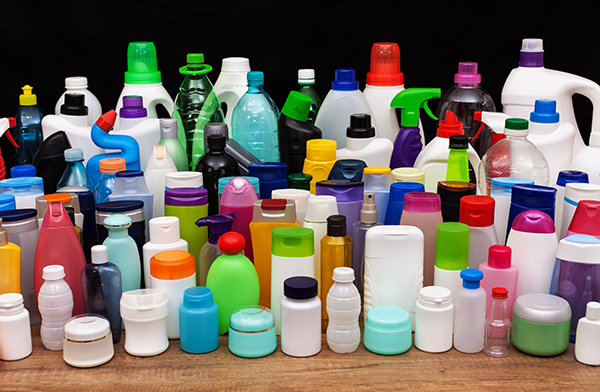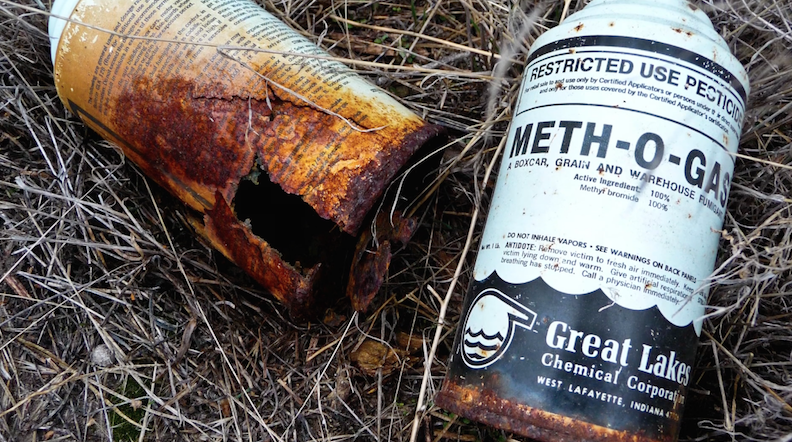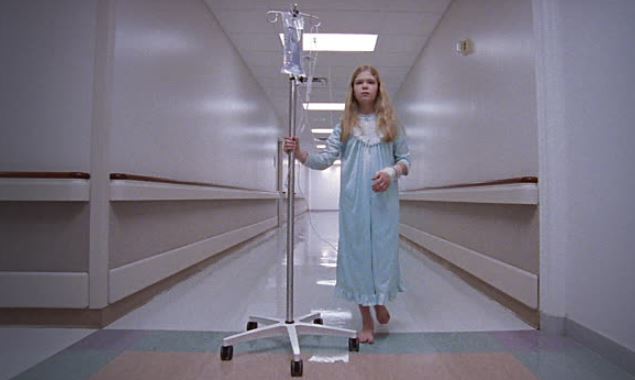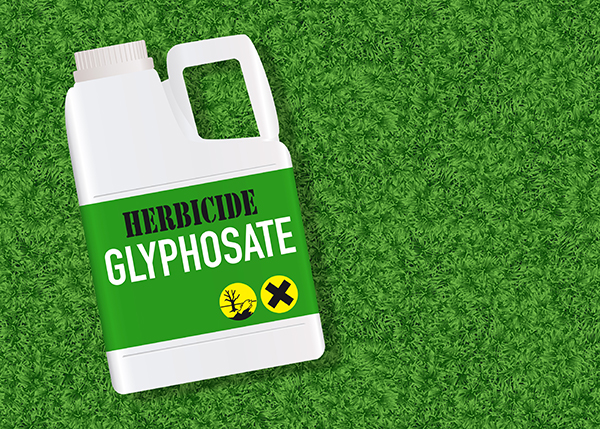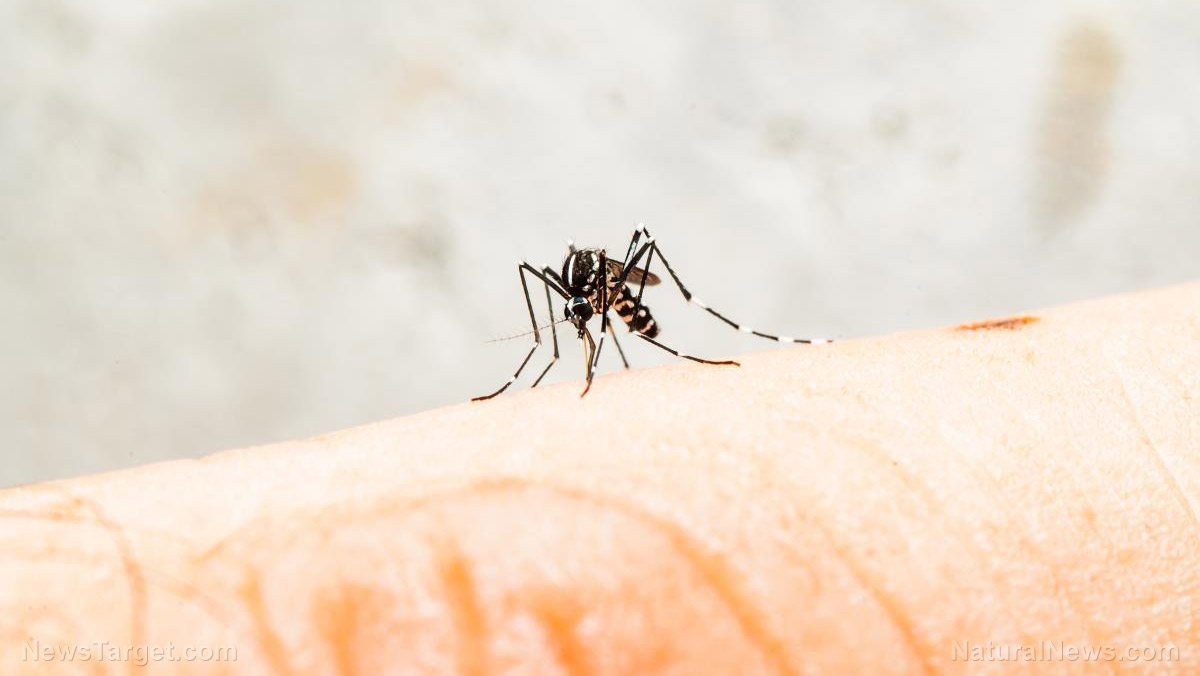Human sperm concentrations have fallen by 50% over past 50 years, pesticides partially to blame
11/30/2023 / By Ethan Huff
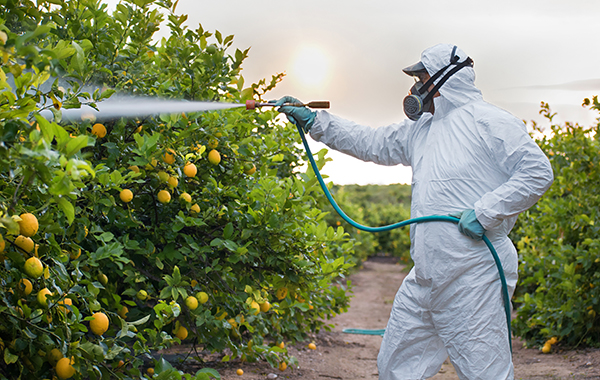
New research out of Virginia has found that commercial pesticides used in gardens, on lawns and elsewhere in and around people’s homes are drastically reducing men’s sperm counts.
Melissa Perry, dean of the College of Public Health at George Mason University (GMU) in Fairfax found that over the past 50 years, use of these chemicals at home has contributed to an astounding 50 percent reduction in sperm concentrations.
“Over the course of 50 years, sperm concentration has fallen about 50% around the world,” Perry noted. “What is not known is the culprit.”
“While there are likely many more contributing causes, our study demonstrates a strong association between two common insecticides – organophosphates and N-methyl carbamates – and the decline of sperm concentration.”
Common pesticides in food reducing sperm count worldwide, study says https://t.co/ecbwPbBh1m
— Citizen TV Kenya (@citizentvkenya) November 15, 2023
(Related: Want to know what else is devastating men’s sperm counts? COVID “vaccines.)
Chemicals, chemicals, everywhere
Organophosphates, in case you are unfamiliar with them, belong to a chemical class that is considered to be the most commonly used in the world. They comprise the main components of not just pesticides but also herbicides, insecticides and nerve gas, and are also used to create plastics and solvents.
“They are widely used in agriculture on the crops we eat,” Perry explained. “We use them in structural applications within homes and buildings, apartment buildings, as well as for ornamental lawn upkeep. They’re available for consumer purchase so organophosphate exposures have been demonstrated to be relatively widespread.”
Sperm counts among men have been in decline for the last 50 years, and a new analysis has found pesticides may be contributing to that.
Details: https://t.co/V9BKvnKlYu
— 6 News WOWT (@WOWT6News) November 16, 2023
The research, which was published in the journal Environmental Health Perspectives, adds another piece of evidence to explain why men all around the world are rapidly becoming non-men. Are crop chemicals linked to rising rates of transgenderism as well?
We know that ever since the 1970s, sperm densities specifically throughout the West have dropped precipitously. During that time period, “better living through chemistry” really took off and synthetic chemicals started appearing everywhere, including in food with the advent of genetically modified organisms (GMOs).
Inadequate sperm counts are linked to infertility as well as other serious health risks such as testicular cancer. All sorts of endocrine-disrupting chemicals, or EDCs, have been tied to this phenomenon – and EDCs are everywhere these days, not just in crop chemicals.
This particular study looked specifically at crop chemicals, but it is important to note that this is just one piece of a very large and likely very complex puzzle that most people are remiss to fully grasp.
Another study published in 2019 found that women’s personal care products are damaging their reproductive health, too. Not just men but also women, in other words, are under attack by “science.”
And now there are concerns about mRNA hiding in meat as Operation Warp Speed and the Wuhan coronavirus (COVID-19) “pandemic” was used to help normalize the use of mRNA “vaccines” in animals used for food.
Skin is the body’s largest organ, by the way, so rubbing things on it that are toxic obviously makes no sense. Too many women do it, though, which is why they need to learn the facts about EDCs and how to avoid them, which can be done through helpful resources such as those provided by the Environmental Working Group (EWG).
“Endocrine-disrupting chemicals change how the endocrine system works,” another source explains. “Some EDCs are chemically similar to our hormones and mimic their effects in the body. Others block the action of hormones, increase or decrease their levels, or affect how the body responds.”
The modern world is anti-male in just about every way. Learn more at Collapse.news.
Sources for this article include:
Submit a correction >>
Tagged Under:
This article may contain statements that reflect the opinion of the author
RECENT NEWS & ARTICLES
COPYRIGHT © 2017 PESTICIDES NEWS

